The Vice-Chancellor and President of Université de Lorraine, through his or her decisions, the Executive Board, through its deliberations, the Scientific Council, the Education Council, the University Life Council and the Academic Senate, through their opinions and guidance, ensure the management of the university.
The Vice-Chancellor and President of Université de Lorraine chairs the four above-mentioned councils as well as the Academic Senate; s/he also chairs the staff representative bodies – the technical committee and the health, safety and wellbeing committee. The Vice-Chancellor and President is assisted by a Pro-Vice-Chancellor for each of these four councils.
Executive Board
The Executive Board is the University’s decision-making body. It determines our policy and, in particular, approves the institutional contract signed with the State, the accounts and the creation and closure of the internal departments and faculties making up the university, votes on the budget and distributes jobs and appropriations.
Scientific Council
The Scientific Council is responsible for the quality and coherence of the University’s scientific policy and contributes to the latter’s drafting. It ensures that the educational provision ties in with the scientific policy. In this respect, it is consulted regarding the distribution of research appropriations, the researcher and research professor employment policy, the research agreements and programmes proposed by the science clusters and the creation and closure of science clusters.
University Life Council
The University Life Council is responsible for overseeing quality of life at the university and respect for students’ rights and freedoms. It is consulted in that regard about the site policy in terms of cultural, sports or club activities; social action in favour of students and staff as well as the attribution of corresponding appropriations; health policy; managing disability; student engagement policy and relations with the institutional partners of university life.
Technical Committee
This body is consulted about the human resources management policy (HR strategy; mobility; career progression; compensation schemes; skills development and training; work organisation methods) and the measures bearing on the organisation and operation of the University and its internal departments, faculties and professional services. It is also consulted about the multiannual action plan on gender equality in the workplace. An assessment of the University’s social policy is submitted to it annually. The implications of the main budgetary decisions for employment management are brought to its attention.
Health, Safety & Wellbeing Committee (CHSCT)
The Health, Safety & Wellbeing Committee (CHSCT) is an advisory body. It supports the University’s technical committee in matters coming under its remit:
- The CHSCT contributes to the protection of physical and mental health and the improvement of working conditions;
- The CHSCT participates in the occupational risk assessment procedure and the prevention measures featuring in the annual prevention programme;
- The CHSCT is consulted about all major spatial planning projects impacting health, safety or working conditions.
Academic Senate
The elected members of the Scientific, Education and University Life Councils form the membership of the Academic Senate alongside 16 other elected staff representatives. It is consulted about the University’s strategic guidelines (institutional plan, multiannual budget estimates, annual policy for the allocation of human resources, creation and closure of colleges and science clusters). During the first session following his/her election, the Vice-Chancellor and President submits to the Senate the plan s/he intends to implement for the University.
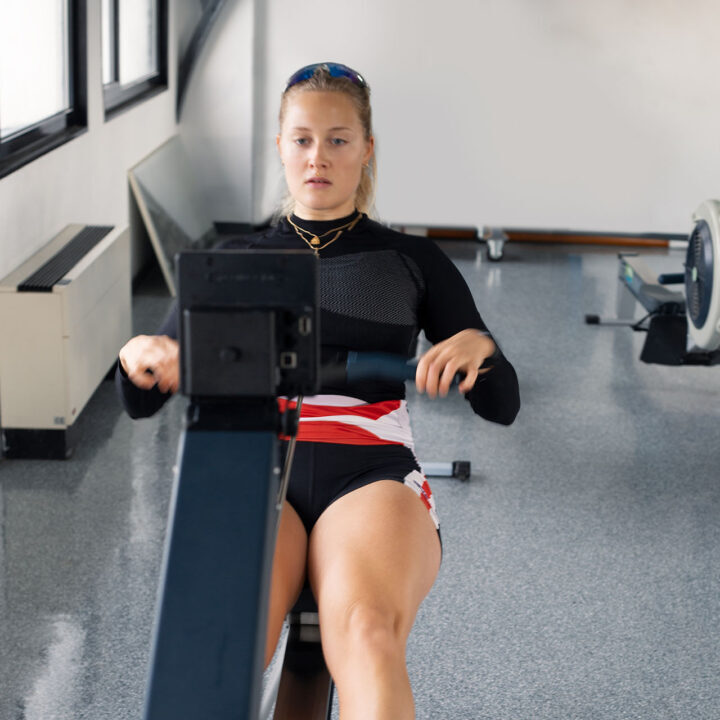

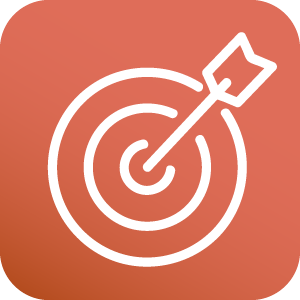








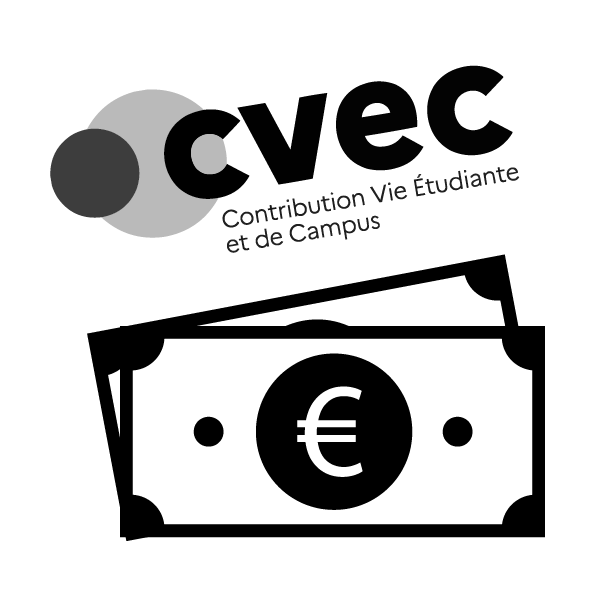

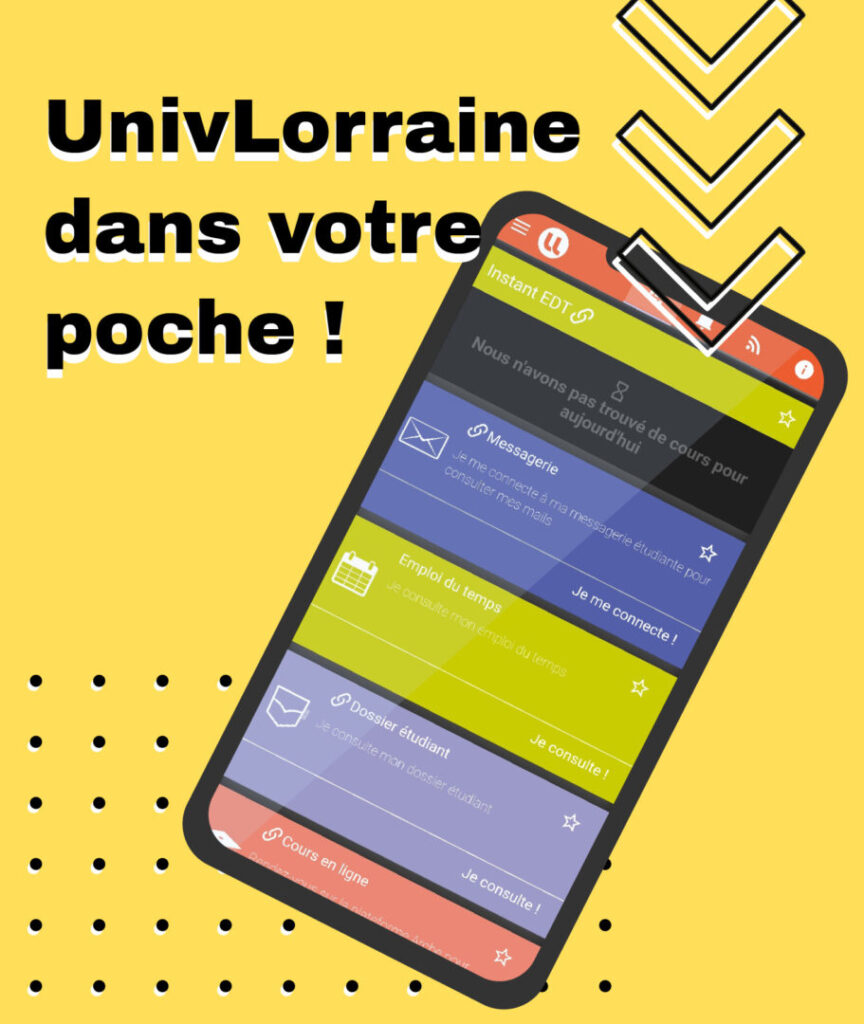





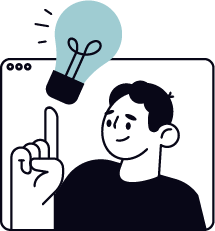



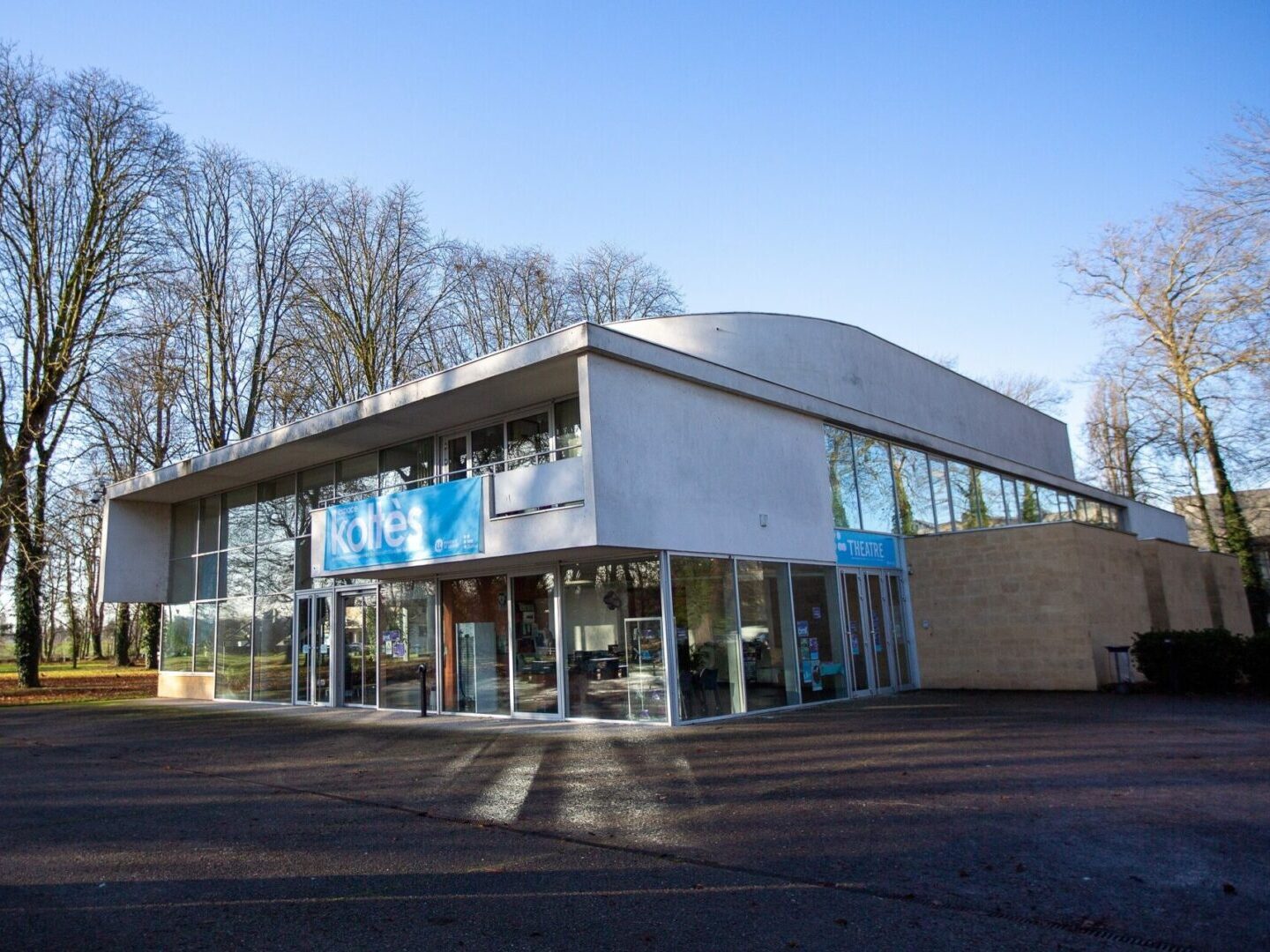
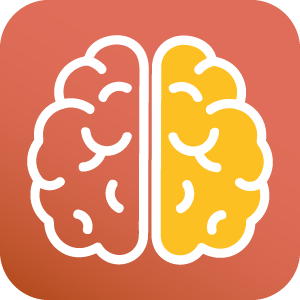
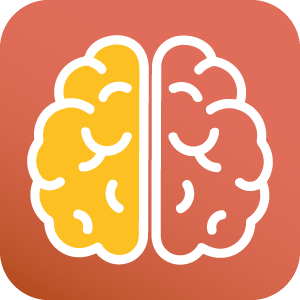
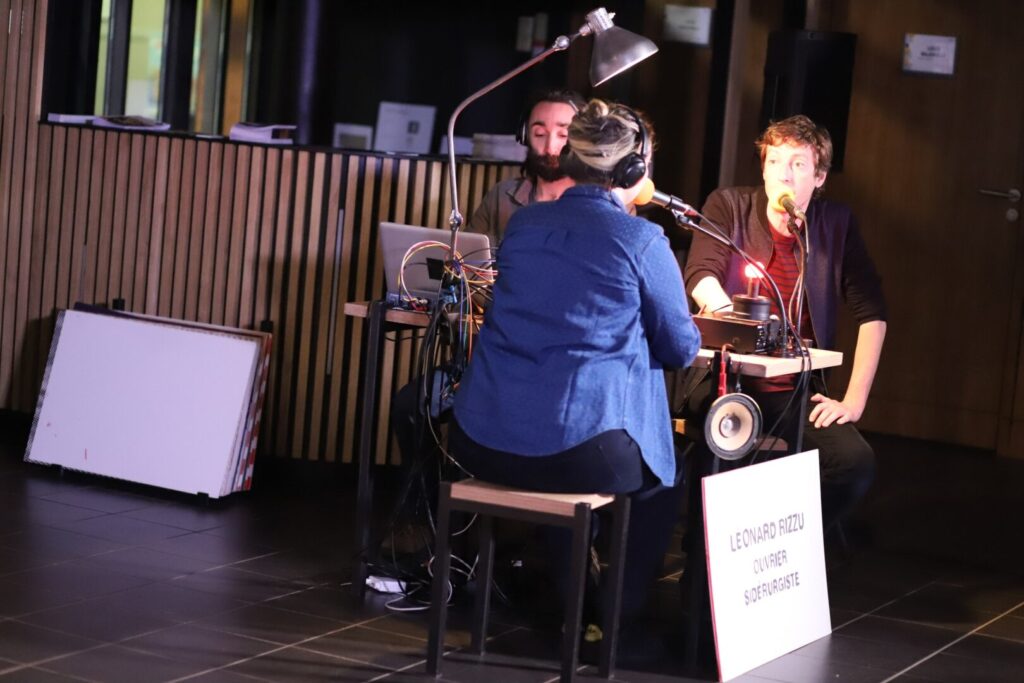
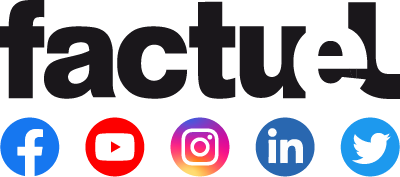



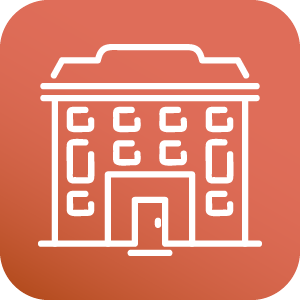





 Julien Vasseur est responsable d’une équipe de 30 personnes en charge des travaux neufs du domaine électrique ainsi que les essais avant mise en service.
Julien Vasseur est responsable d’une équipe de 30 personnes en charge des travaux neufs du domaine électrique ainsi que les essais avant mise en service. Noureddine Takorabet, Professeur des universités, enseigne à l’ENSEM. Il est, depuis 2018, directeur du GREEN, laboratoire de recherche de l’Université de Lorraine.
Noureddine Takorabet, Professeur des universités, enseigne à l’ENSEM. Il est, depuis 2018, directeur du GREEN, laboratoire de recherche de l’Université de Lorraine.